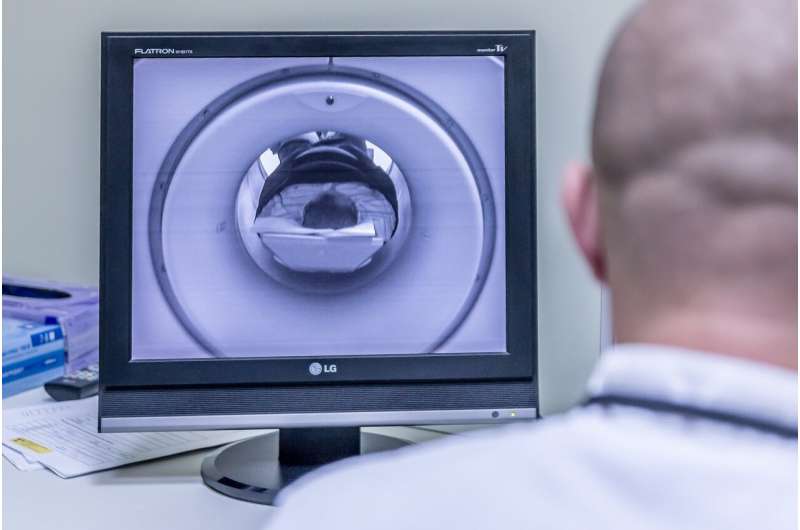Waist-to-Height Ratio as a Key Predictor of Heart Failure Risk

A new study indicates that waist-to-height ratio is a strong predictor of incident heart failure, surpassing traditional measures like BMI. This metric helps identify at-risk individuals based on fat distribution around visceral organs.
A recent study presented at Heart Failure 2025 highlights the significance of the waist-to-height ratio (WtHR) in predicting the incidence of heart failure (HF). The research emphasizes that while obesity is a known risk factor for HF, traditional measures like body mass index (BMI) have limitations, as they are influenced by factors such as sex and ethnicity and do not account for fat distribution. In contrast, WtHR provides a more accurate assessment of central adiposity, which relates to harmful fat deposits around visceral organs.
The study analyzed 1,792 participants aged 45 to 73 from the Malmö Preventive Project, including individuals with normal blood glucose, impaired fasting glucose, and diabetes. Over a median follow-up of 12.6 years, 132 participants developed HF. Results showed that higher WtHR was significantly associated with increased HF risk; specifically, each standard deviation increase in WtHR raised the hazard ratio by 1.34. Participants in the highest WtHR quartile (median 0.65) had a 2.71 times greater risk of developing HF compared to those in lower quartiles.
Dr. Amra Jujic from Lund University explained that a WtHR below 0.5 is considered ideal, as waist measurements less than half of height are linked with reduced cardiometabolic risk. The findings suggest that WtHR could serve as a more effective metric than BMI for identifying patients at risk of HF who might benefit from targeted obesity therapies.
The study underscores the importance of using body composition metrics that reflect fat distribution rather than overall weight alone. Future research aims to explore WtHR's predictive power for other cardiometabolic disorders across larger populations.
Stay Updated with Mia's Feed
Get the latest health & wellness insights delivered straight to your inbox.
Related Articles
Astrocytes Play Hidden Role in PTSD Development and Treatment
New research reveals that astrocytes in the brain contribute to PTSD by overproducing GABA, impairing fear memory extinction, and presents a promising drug target for effective treatment.
Majority of Australian Diagnostic Imaging Clinics Now Owned by For-Profit Corporations, New Study Finds
A new study reveals that over 50% of Australia's diagnostic imaging clinics are owned by for-profit corporations, raising critical concerns about healthcare costs, access, and quality.
New Insights into How the Brain's 'Dimmer Switch' Regulates Arousal and Attention
New research uncovers how the brain's 'dimmer switch' modulates arousal and attention through specialized neurons, offering insights for neurological and psychiatric disorder treatments.
Promising Results for Novel Antibody-Drug Conjugate in EGFR-Mutated Non-Small Cell Lung Cancer
A new antibody-drug conjugate shows promising safety and efficacy in treating EGFR-mutated non-small cell lung cancer, offering hope for targeted therapy advancements.



